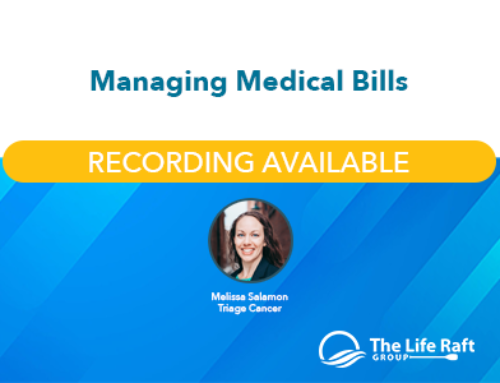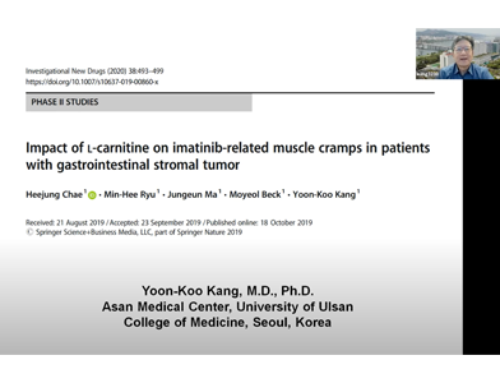Between fifty to seventy percent of GIST patients participating in Gleevec clinical trials are reported to have edema according to the Life Raft Group survey (October, 2001) and www.gleevec.com. Edema can develop in different parts of the body and therefore cause different symptoms.
Edema Symptoms:
- Eye puffiness
- Swelling of lower legs
- Increase in abdominal girth
- Shortness of breath
- Weight gain
People typically experience puffiness or bloating in their abdomen, breasts, and around their eyes. Edema is a dose-related side effect that can occasionally be severe. In rare cases, fluid retention affects the lungs (pulmonary edema) and other areas and can be severe or life threatening.
Edema Risk Factors:
- Female gender
- Over 65 years old
- History of heart or kidney problems
Periorbital edema (puffiness around the eyes) is common
- May be worse in the morning
- Topical phenylephrin (0.25%) may help
- Antihistamine like Claritin or Zyrtec may help
Recommendations:
- Weigh yourself regularly; report significant or rapid weight gain to your health care provider.
- Be alert for any changes to your body.
- Limit the amount of salt you consume with your food (for example sausage and cheese, instant meals and snacks contain large amounts of salt). Read labels.
- Eat boiled, unsalted rice with braised vegetables or fruit for 1 or 2 days and as required.
- Your doctor may recommend a diuretic (drugs that increase the excretion of urine). Lasix is commonly prescribed for edema. Add potassium-rich foods to your diet. Your doctor may prescribe potassium supplements to maintain proper potassium levels.
- Drink non-caffeinated fluids. Limit your intake of sport drinks as they contain sodium.
- Eat more fiber.
- Prop up your feet.
- Do not stand for long periods of time.





